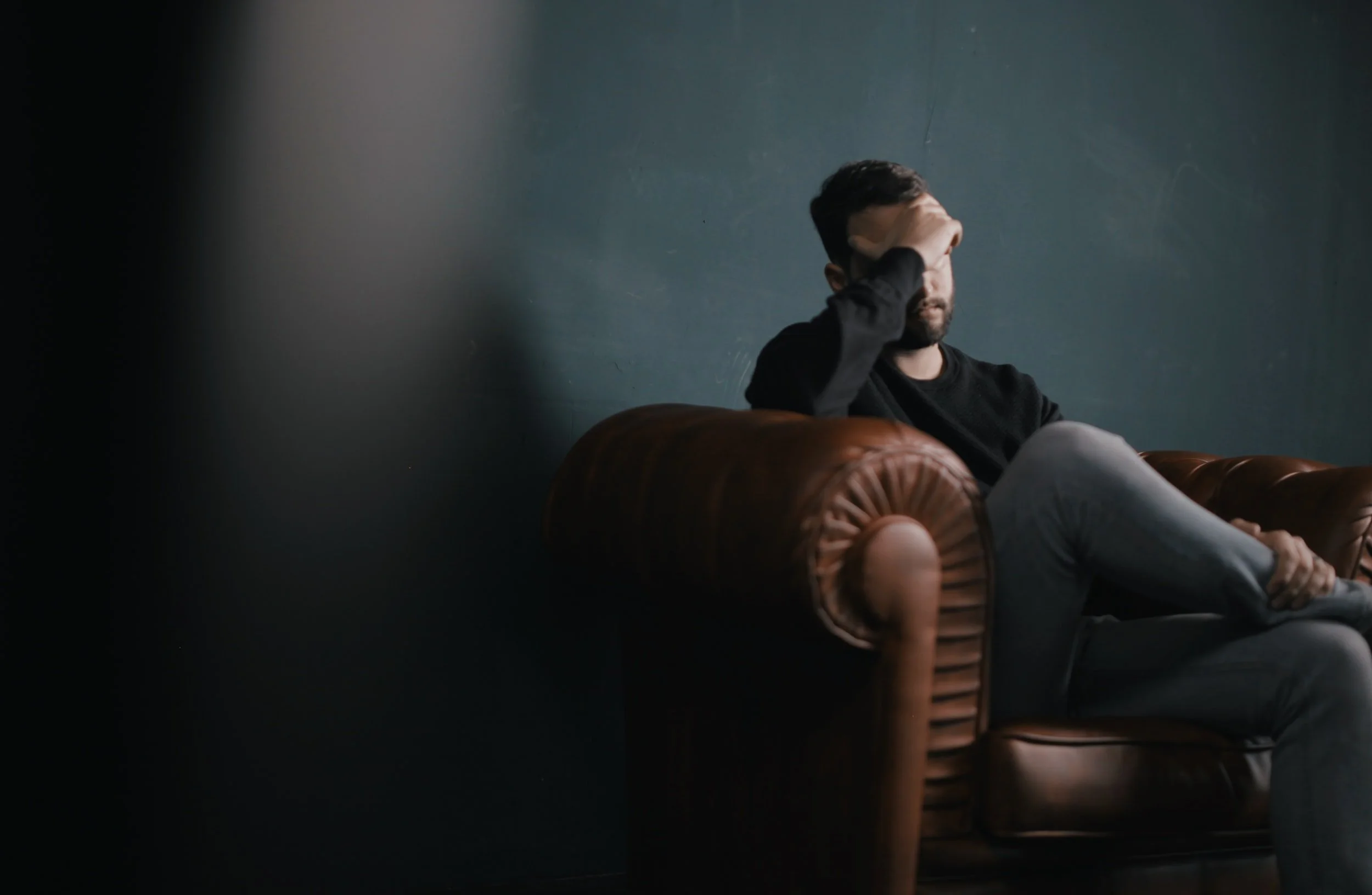Why do we keep doing the same things, over and over again?
Why do we find ourselves repeating the same maladaptive, self-destructive, self-defeating, painful patterns in our lives? Be it in professional life, relationships or personal behaviors, human beings reenact the same dynamics over and over again, despite knowing that it will only come to grief. Indeed, this is one of the most perplexing of psychological questions that psychotherapists grapple with. Luckily, psychoanalytic thought has some compelling answers to this question. One of the many great ideas posited by the founder of psychoanalysis, Sigmund Freud, is something he coined the "repetition compulsion." In the process of treating patients, Freud encountered the tendency within people to repeat behaviors, traumatic dynamics and interpersonal relationship patterns that have caused them great pain throughout their lives. On the surface, this seems to be counter-intuitive. Indeed, wondered Freud, why would anyone consciously or unconsciously cause themselves to experience the same painful feelings over and over again?
Freud posited a few explanations, including the possibility that people unconsciously punish themselves for a forbidden wish, people masochistically derived pleasure in hurting themselves based on early childhood experiences or that painful feelings associated with love were just a matter of habit. Freud found none of these explanations quite compelling, leading him to wonder if perhaps human beings had a "death drive," or an inherent, biologically programmed urge toward self destruction. The death drive was one of Freud's least accepted ideas. This leaves us with the lingering question: Why do we compulsively repeat the same painful experiences over and over again?
W.R.D. Fairbairn, an Object Relations theorist (relationships between people and their significant others in psychoanalysis-speak), provided a deeper and perhaps more compelling explanation for the repetition compulsion. Fairbairn believed that human beings are primarily driven by the need to connect to significant others, and as a result, often have to cling to relationships with important others (especially parents) by engaging in internal relationships with them in their minds. When feelings of rejection or over-excitement are elicited by one's caregivers or significant others, we tend to withdraw into our mental image of the "good" or "ideal" parent in order to help us feel connected to someone stable, soothing and loving. Because we connect with these mental images of our parents, and wish to remain close to them despite their being overexciting, rejecting or otherwise imperfect, we find ourselves constantly seeking some instance in which we can repair these fundamental relationships. We might find ourselves relating to people in what seems to us to be the same, self-defeating pattern. We do this because we are unconsciously trying to resolve unfinished emotional business, holding on to whatever template we have for our relationship to the most important people in our lives in order to maintain our emotional safety. After all, as children we had no alternative but our parent, as imperfect as he or she might have been. Although we are now grown up, we still seek protective, familiar and seemingly safe connections to others in our life in much the same way we needed to with our parents as children. The circumstances may be different, but our internal models have remained the same.
One additional note; this urge we have to resolve these childhood emotional difficulties does not grow out of some stubbornness on our part. In fact, it stems from our inborn human pull toward gaining mastery over difficult circumstances. It is this adaptive tendency that sometimes leads us into the most seemingly maladaptive patterns. Bringing these unmet needs into our conscious awareness through psychotherapy and introspection helps us to find more productive ways to get our all too human needs met.




